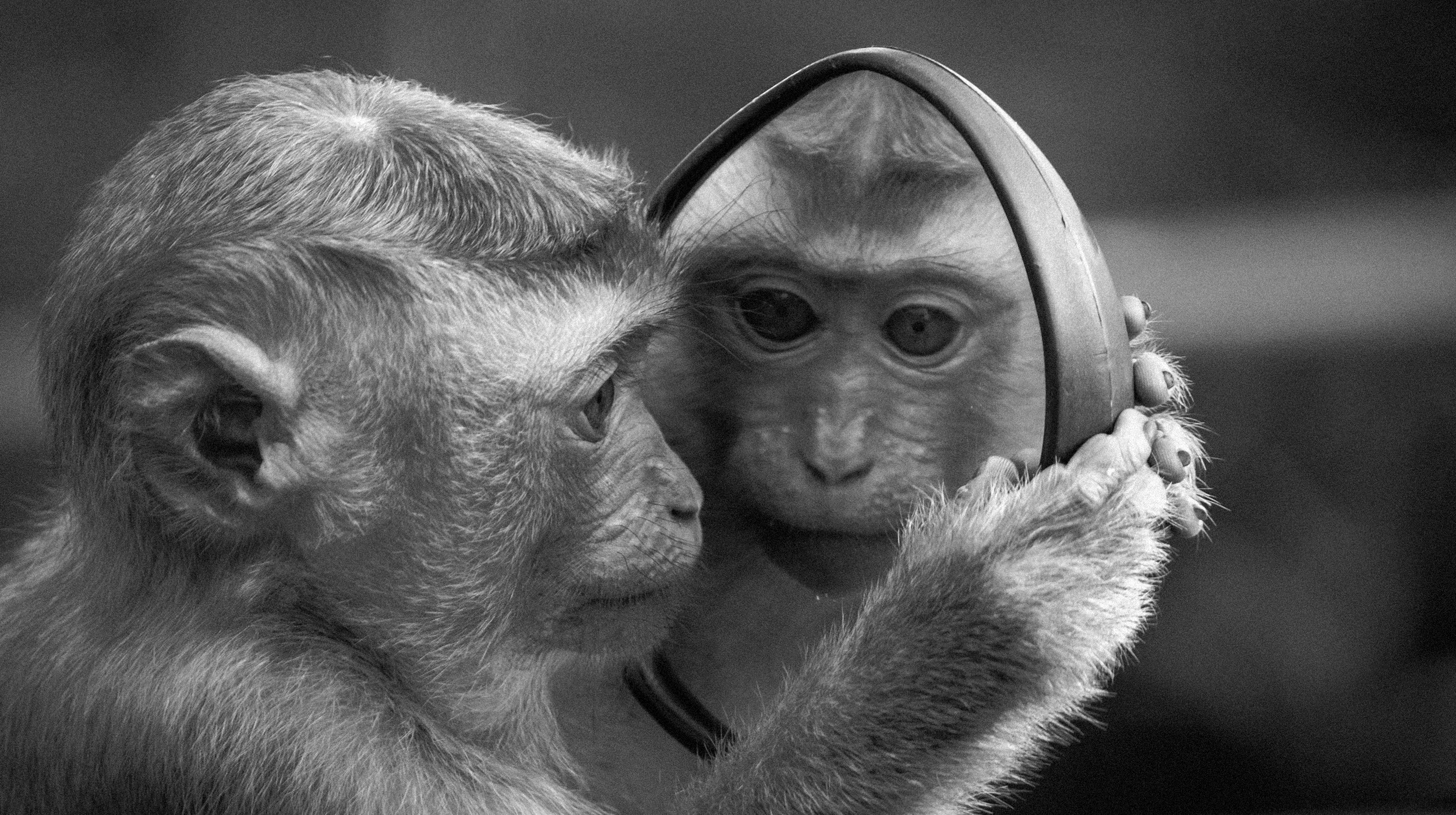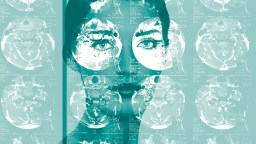logic
We all employ heuristics to help us deal with the world. But when we make a hasty generalization, we risk making a big error in our thinking.
Why should we rely on scientific conclusions even though they cannot be proven? A new essay offers compelling reasons.
A recent study showed that monkeys can make logical choices when given an A or B scenario.
Logic puzzles can teach reasoning in a fun way that doesn’t feel like work.
Do you ever act irrationally? You probably have. Let’s take a look at how to fix that.
Author, speaker, and public intellectual Richard Dawkins is a first-class debater on subjects as grand and reaching as the very existence (or lack thereof) of a master creator. But he’s got a simple yet highly effective technique to win people over to see his point of view. Find out what it is right here.
▸
3 min
—
with
Is creativity a wild and free state of mind, or is it actually a pattern that others just can’t recognize?
▸
7 min
—
with
You really do have to know when to hold ’em, and know when to fold ’em, and most of the time trusting your gut is a copout, says poker champion Liv Boeree.
▸
4 min
—
with
The state of nature isn’t a “war of all against all.” Even no-brainer bacteria “know” that sometimes the game is “Survival of the Friendliest”
It’s time to get real about key ideas that run our lives, which have been taking laughable liberties with human nature – and with the logic of livable liberty.
Number of terrorist acts perpetrated in the U.S. by nationals of any of the seven countries? Zero.
Reviving the “Lesbian Rule” (which Aristotle wrote about, and was proverbial in Shakespeare’s day) can help us handle a new kind of weaponized-math threat (that Cathy O’Neil calls “Weapons of Math Destruction”).
Any story we tell of our species, any science of human nature, that ignores how important stories are in shaping what and how we think and feel is false. We evolved to be ultra-social (and self-deficient), so we care deeply about character and plot.
Amy Herman teaches visual intelligence to doctors, intelligence analysts and the NYPD. Here she runs through how to make decisions you can defend under questioning: ones that are perceptive and informed.
▸
5 min
—
with
The trouble with labeling everything a “fallacy” is that (1) not all poor reasoning is automatically fallacious, and (2) it implies that everybody would agree on everything if we could only think correctly.














